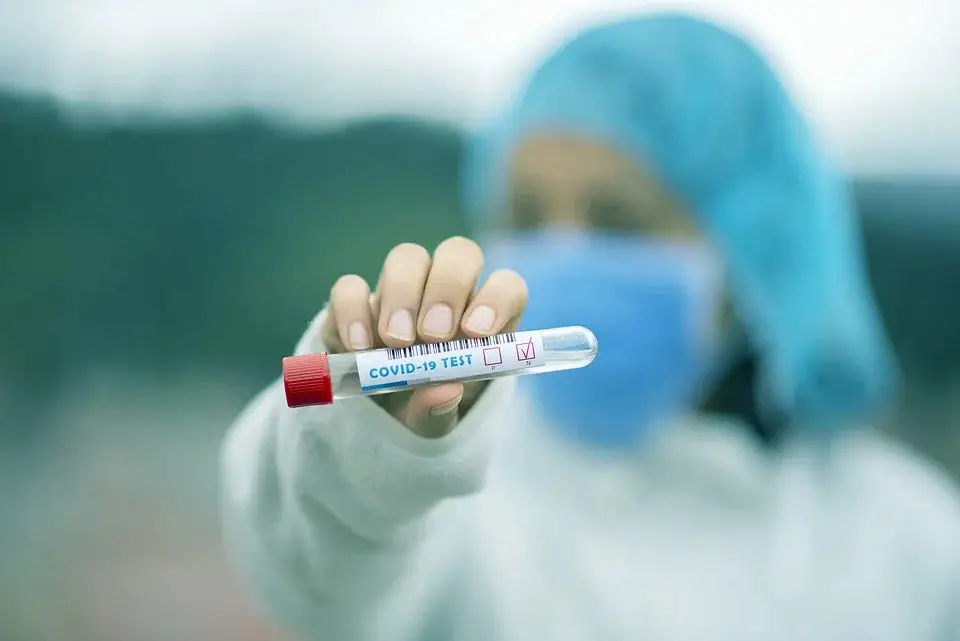Last Sunday (7th March) was one year since the first case of Coronavirus (Covid-19) was reported on the Isle of Wight.
An Isle of Wight resident had recently returned from overseas travel and got in touch with the NHS after developing symptoms.
Local contact tracing
At the time, Alison Barnett, Centre Director for Public Health England South East, said,
“Public Health England is contacting people who had close contact with a person who is a resident of the Isle of Wight and had recently returned from overseas travel.
“Those identified will be given health advice about symptoms and emergency contact details to use if they become unwell in the 14-day intervening period.
“This tried and tested method will ensure we are able to minimise any risks to those contacted and the wider public.”
Slow rise in numbers
The second case was confirmed a week later on the 14th March and since then, there have been 6,657 confirmed positive Covid-19 tests on the Isle of Wight.
These figures only relate to Island residents and do not include those who were tested here, but live elsewhere, such as mainlanders working on the Island.
For the rest of 2020, despite an incredibly busy tourist season, cases remained relatively low per 100,000 of population – something that led to the Island being placed under Tier 1 restrictions.
Massive spike in numbers
However, the low numbers started to rise in November 2020, as the Island was surrounded by areas in Tier 3 and 4, leading to a dramatic spike in December. As the numbers rose the Island was placed under Tier 4 restrictions before the country went into its third Lockdown.
An example of the spike can be seen one Sunday in January which saw a 100 times rise in the rolling seven day figure.
Kent variant and lack of social distancing
Health boss, Simon Bryant, said the spike in numbers was a combination of the new Kent variant (that spreads far more easily), and social distancing that was not being strongly enforced in line with the national government guidance.
The numbers have dramatically reduced with several days of zero new positive tests, or very low numbers.
Bryant: We all need to do our bit
Council and health bosses are keen to stress the importance of residents remaining at home and following the Government guidelines.
Simon Bryant says the situation is still very serious. He said,
“Islanders have done a fantastic job which has resulted in getting case rates down, but we are still in lockdown. Please stay at home. Every outing carries the risk of transmitting the virus and passing it on to someone.
“We all need to do our bit to prevent the spread of infection in order to keep our population safe and move to the next step of the roadmap to recovery.
“We are going to have to keep living our lives differently to keep ourselves and others safe. Things like hand washing, face coverings and social distancing are small things that have a big and positive effect.
“It’s so important that we all play our part to comply with Covid-secure measures that will remain in place.”
You can see the pattern of positive Covid-19 tests on the Covid Dashboard.





